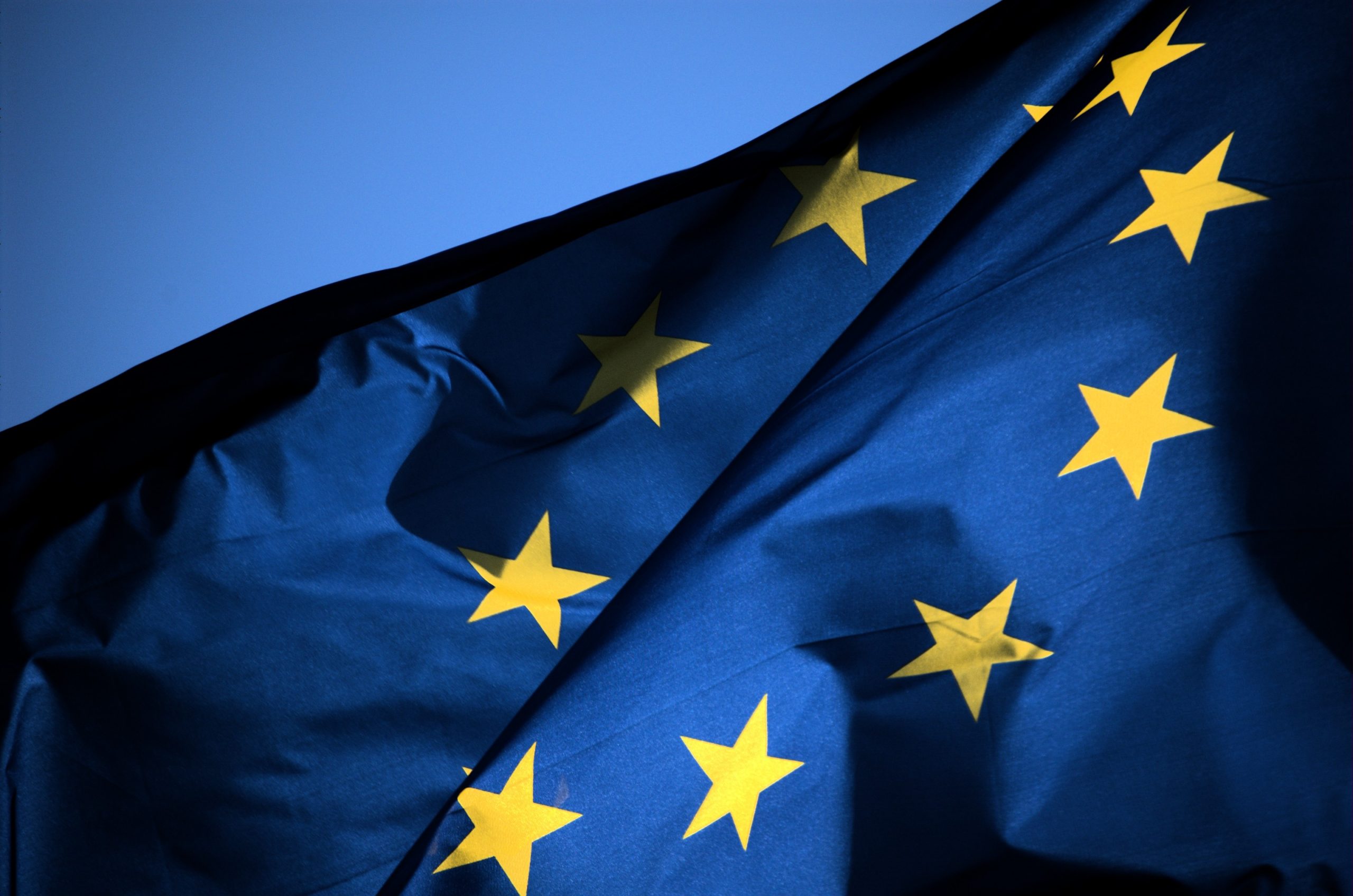
Transport strategy puts its trust in ‘miraculous’ technology after 2030
The Commission has published its long awaited white paper on the future of the common transport policy. Instead of being a policy outline for the next decade, it is presented more as a strategy for transport in 2050. T&E criticised it as ‘a manifesto for inaction’, while Greenpeace said it ‘blatantly passes the buck to future generations’.
[mailchimp_signup][/mailchimp_signup]The central message of the white paper is its target to reduce 1990 levels of transport emissions by 60% by 2050. But its plan for the next 19 years is a 20% reduction on today’s levels – given that transport emissions have risen since 1990, the EU’s target amounts to an 8% increase between 1990 and 2030.
This has prompted the biggest criticism from environmental representatives. ‘The Commission plans to cut emissions by just 1% per year until 2030, and then 5% per year after that,’ said T&E director Jos Dings. ‘Putting off action and relying on miraculous technological breakthroughs in 20 years is a completely flawed strategy. The only concrete action the Commission proposes in its current mandate (2010-14) is to expand airport capacity, which will make the targets harder to reach. It is a manifesto for inaction.’
Announcing the white paper, the EU transport commissioner Siim Kallas said: ‘Freedom to travel is a basic right for our citizens, and it is critical to the development of Europe’s business sector. Curbing mobility is not an option, but neither is business as usual.’
Kallas may run into trouble with his call for Europe to move away from oil-powered transport, with conventional cars possibly eliminated by 2050. The car makers’ umbrella Acea says the approach should be technology-neutral.
The white paper envisages that all journeys under 1000 kilometres should be done by rail rather than by air. It also envisages aviation to be 40% powered by ‘sustainable low carbon fuels’ which effectively means biofuels, but it makes no reference to the need for biofuel production to be sustainable.
